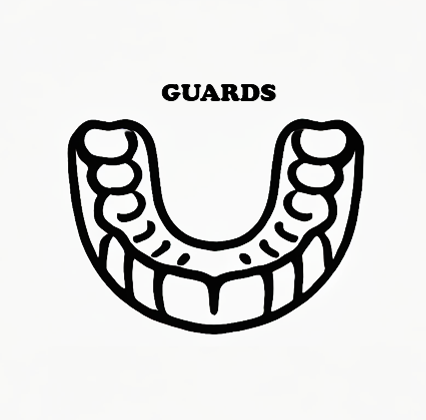General Dentistry
Exam & Cleaning
-
Routine dental exams and cleanings prevent decay, gum disease, and bad breath, detect issues early, and support overall health, saving costs and preserving your smile.
-
X-ray diagnostics are crucial for detecting hidden dental issues like cavities, bone loss, impacted teeth, and infections that aren’t visible during a regular exam.
-
Fluoride treatment reinforces tooth enamel, protecting against cavities and decay. It aids in repairing early tooth damage, promotes oral health, and is particularly helpful for children and those prone to dental problems.
-
During routine visits, dentists check for abnormalities like lumps or discoloration to detect early signs of cancer, improving the chances of successful treatment.
Extraction
-
A wisdom tooth is one of the four third molars located at the very back of your mouth, two on the top and two on the bottom. They usually emerge between the ages of 17 and 25, a period often referred to as the "age of wisdom," hence the name.
Many have issues due to impaction, overcrowding, infection, tumors, pain or discomfort, etc.
-
Prevents overcrowding and misalignment of other teeth.
Reduces the risk of infections and gum disease.
Prevents decay or damage to adjacent teeth.
Alleviates pain and discomfort.
Mouth Guards
-
Teeth protection from grinding or clenching (bruxism) while sleeping.
-
Protection for teeth during athletic activities.
Gum Treatment
-
Deep cleaning is also known as scaling and root planning (SRP), it remove plaque and tartar from below the gum line and smoothing root surfaces to help gums reattach to teeth.
-
Dentist will apply antimicrobial medications to reduce bacterial infection in the gums.
-
Adding bone material to strengthen areas affected by bone loss due to periodontal disease.
-
After deep cleaning, periodontal maintenance cleanings will be scheduled for every 3-4 months to prevent recurrence of gum disease.



